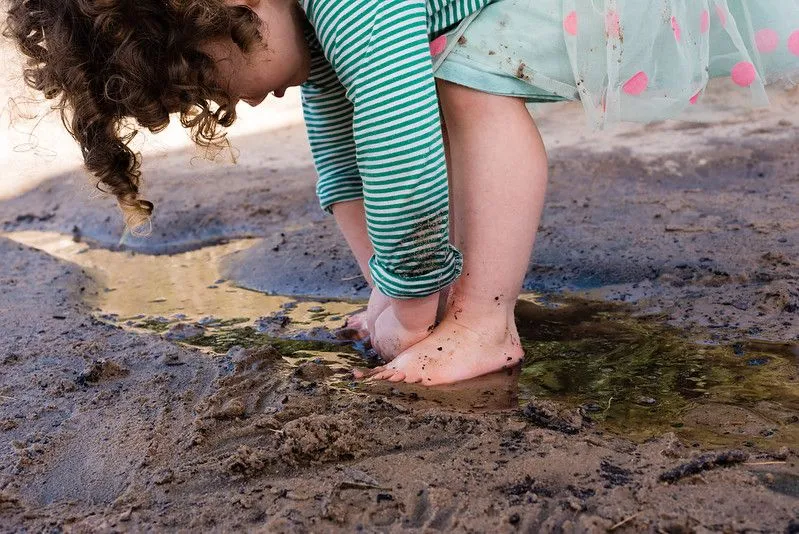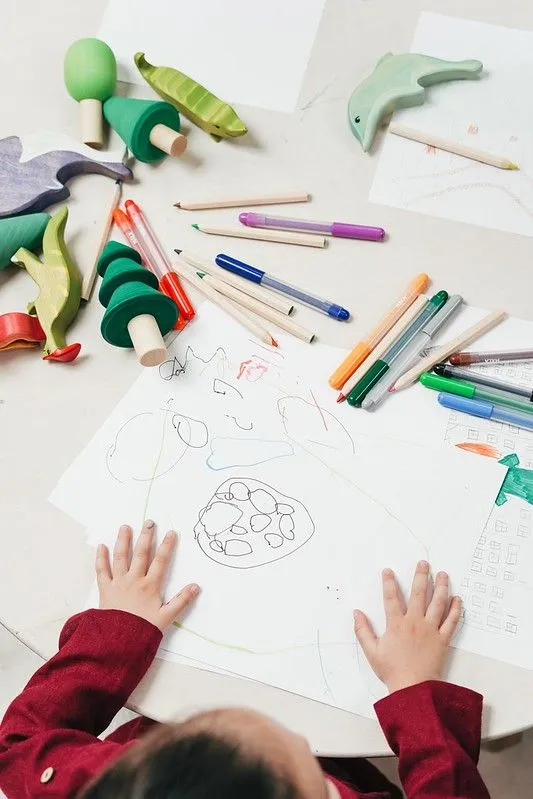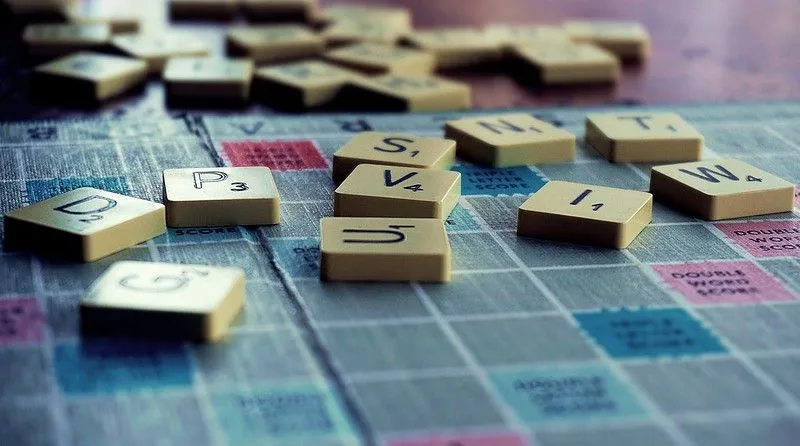FOR ALL AGES
The funny thing about being a homeschool teacher is that all my friends think I’ve got everything under control and that my children are so fortunate to have a mother who is an expert at homeschooling.
Ummm, I don’t.
I may very well be a capable teacher with over ten years experience supporting families homeschool their children, but those children are not mine. My children go, or should I say went, to school. I made a choice to love and parent them, but not to teach them, and now I find myself in the same mind boggling and panic-inducing situation as parents around the world.
I’m a working parent that previously and gratefully relied on amazing schooling, child and home care support who is now floundering under the myriad of work, parenting and house management responsibilities. Luckily I am an experienced homeschool teacher, so I decided to stop panicking and prepare a list of my top tips for homeschooling under lockdown. Now all I need to do is practise what I preach!
Yes, you and your children. Any clothes will do, just not the ones you rolled out of bed in. Getting dressed shows we take our jobs and learning seriously and will make more of an effort in what we are doing. Weekends are a great time for lounging around in your jammies, but not school days.
Life under lockdown is tedious and the days all seem to blur into one long cycle of cook, eat, clean, work, whine/wine… repeat. So let’s at least start each day with some structure by talking about the date. The minimum we ought to do is say: “Today is Tuesday, 21 April 2020,” for example. (It’s a good idea to write the date on top of each piece of work.) For parents who have the time and the inclination there are lots of brilliant ‘everyday maths’ activities surrounding the calendar for younger children. You can start out by singing the months of the year and days of the week songs (don’t know any? Check YouTube), and be sure to mention the number of days in each month. (There are 7+ and 11+ maths questions contingent on knowing this.) Ask your children if they know what yesterday was or what tomorrow will be. See if they can figure out the day before yesterday and the day after tomorrow. Talk about the weather and the seasons; create a chart (or even better print one off the internet) to keep track of the different types of weather throughout the month and then analyse the data at the end. Ask questions like: “How many more sunny days did we have than rainy days this month?” And, “Which type of weather did we have the least of?” Tracking the temperature is also fun and if the degrees on the thermometer are too difficult for a young child to understand, you can buy colour coded outdoor thermometers. Of course, you can always ask Alexa, too!

How many times a day do you think, or hear yourself say, “I bet you don’t do that in school?” or “do you ignore your teacher when she asks you to tidy up?” Children tend to be much more responsible in school than they are at home. In school, there are classroom jobs. Pencil distributor, line leader, library monitor etc. Harness the power of school to encourage more help around the house. Assign jobs at home to promote responsibility and reduce some of your own work-load. I can think of plenty of children who’d be great at making sure all the school supplies are in order, who knew sharpening pencils could be so much fun? You can also assign the bed-checker monitor (they make sure everyone has made their beds, including mum and dad), the toilet flusher monitor, the laundry monitor, the sofa cushions monitor… The list is endless. Teachers usually make job charts where it’s clear who is doing which job each week. If this excites you then get out your scissors and glue and create a family job chart, otherwise a scrap of paper stuck to the fridge will do. Either way writing it down and putting it on display will make it more likely everyone, including the grownups, gets their jobs done.
Clear out a designated shelf, cupboard or kitchen surface and keep everything your children need for their schoolwork there. Use boxes, files and folders to keep things separate and organised. I have twins so all their workbooks and printouts are the same so I really need to stay on top of who’s done what comprehension and so forth. It’s much easier to begin a day of school when everything is ready and waiting and easy to find. Get your stationary monitor to make sure the pencils are sharpened, and the glue isn’t crusted over. Keep all supplies like pens, pencils, highlighters, crayons, markers, rulers, scissors together with the schoolwork as well as fresh water bottles so that you’re not spending precious time refilling water cups because if your children are like mine they might have forgotten where the cups are and how to turn on a tap.
There is no need for your children to sit and work in this space, they can take their books or computer to wherever they and you are comfortable (I don’t advocate working in bed). It’s fine to sit on the floor and actually really good for kids to read and write lying on their bellies while propped up on their elbows. This position strengthens the shoulders and arms, which in turn improves fine motor skills.
Children love working on whiteboards. There’s something inherently motivating about writing on the glossy surface. If your child is reluctant to write on paper then give them a white board. You can always take a picture or a photocopy of their work to print and stick into an exercise book. Whiteboards are also useful for practising maths skills and revising spelling words.

How often do your children stand in a room full of toys and complain about being bored? Sometimes you just need to put out activities to make it clear what the options are. Lego on one side of the playroom and marble run on the other. They will gravitate to one or the other. This works much better than saying, “How about marble run?” or “let’s play with Lego”. When it’s out and they can see it, they’re more likely to play with it. If mornings are a problem, set out toys before you go to bed. When the kids wake up they will head straight for them. Toy cycling is also a good idea. That’s when you put away some toys for a while and bring them out again and they become new and exciting. The same is true for rearranging play spaces. Every few months I move the play kitchen to a different part of the playroom and all of a sudden everyone wants to cook!
Don’t underestimate puzzles and games. As well as being fun, jigsaw puzzles and games such as Dobble, Rush Hour, Rubik’s Race are excellent for developing visual perceptive skills which will help with reading and writing. Twister is great for gross motor skills, which in turn improves fine motor skills. All types of construction toys are obviously fabulous. They teach motor planning, patience, design, engineering… you get the idea. Board games with family are good for practicing turn taking and developing social communication skills. Of course Scrabble and Boggle work on spelling and Articulate is a great one for verbal reasoning.

Kids are generally very social and it’s only now that I’ve realised how difficult being stuck at home is for them. Of course it’s challenging for us adults, but we have a lot more social interaction than they do. We are constantly in touch with friends on WhatsApp, we’ve got work interaction on Zoom, we can check in on FaceBook, call our friends on the phone and hangout on House Party. Our children do not have access to any of this and are struggling. Zoom is great, but it can be overwhelming when there’s a large group. So we need to think carefully about how we use telecoms with children.
Younger children interact through play so it might be better to organise a Zoom or Skype play-date whereby your child does the same activity as their friend at the same time. They can both play with Play-Doh/Lego/Barbies/ while the computer is on. They’ll talk about what they’re doing and share their creations and conversation will develop naturally through play. Other ideas I have are to play I-Spy using what you can see in the camera, playing online games together and playing traditional board games where both parties own the same game.
Older or more responsible children can work together. In the same way that we used to do our homework over the phone with friends (and have a good catch up in the process), they can work together over Zoom and socialise that way. You can even share a documentary over Zoom and they can complete a related writing task together. Adult moderated activities are great for large groups. I’ve been playing maths BINGO with my children’s classes... It’s been going a lot better since I realised I could mute the children! Other parents have been playing games, teaching skills (including football), or reading stories. In this bizarre period of social distancing screens and devices have become the linchpins of our social lives and used correctly can help our children connect with their friends.
Need some more help? Keep your eyes peeled for a follow up blog from Jenny who runs Homeschool UK covering even more educational FAQs…
Read The Disclaimer
At Kidadl we pride ourselves on offering families original ideas to make the most of time spent together at home or out and about, wherever you are in the world. We strive to recommend the very best things that are suggested by our community and are things we would do ourselves - our aim is to be the trusted friend to parents.
We try our very best, but cannot guarantee perfection. We will always aim to give you accurate information at the date of publication - however, information does change, so it’s important you do your own research, double-check and make the decision that is right for your family.
Kidadl provides inspiration to entertain and educate your children. We recognise that not all activities and ideas are appropriate and suitable for all children and families or in all circumstances. Our recommended activities are based on age but these are a guide. We recommend that these ideas are used as inspiration, that ideas are undertaken with appropriate adult supervision, and that each adult uses their own discretion and knowledge of their children to consider the safety and suitability.
Kidadl cannot accept liability for the execution of these ideas, and parental supervision is advised at all times, as safety is paramount. Anyone using the information provided by Kidadl does so at their own risk and we can not accept liability if things go wrong.
Kidadl is independent and to make our service free to you the reader we are supported by advertising.
We hope you love our recommendations for products and services! What we suggest is selected independently by the Kidadl team. If you purchase using the buy now button we may earn a small commission. This does not influence our choices. Please note: prices are correct and items are available at the time the article was published.
Kidadl has a number of affiliate partners that we work with including Amazon. Please note that Kidadl is a participant in the Amazon Services LLC Associates Program, an affiliate advertising program designed to provide a means for sites to earn advertising fees by advertising and linking to amazon.
We also link to other websites, but are not responsible for their content.
Was this article helpful?



We’ll send you tons of inspiration to help you find a hidden gem in your local area or plan a big day out.



Check your inbox for your latest news from us. You have subscribed to:
Remember that you can always manage your preferences or unsubscribe through the link at the foot of each newsletter.